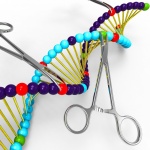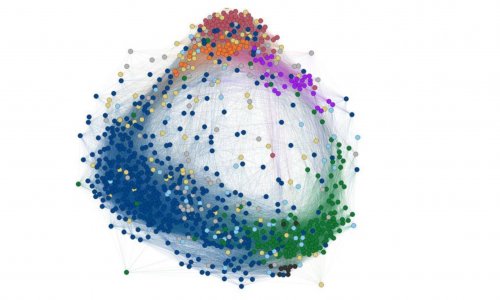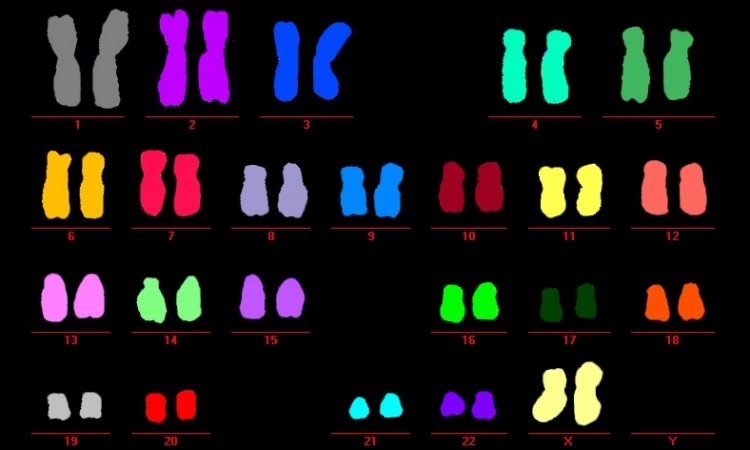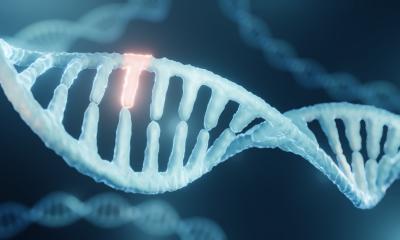Video • Controversial research
HIV and gene editing: beware of the butterfly effect, cautions expert
The claim of a chinese professor has caused quite a controversy: He Jiankui announced that he successfully modified human DNA to prevent two girls from contracting HIV.
Upon the leak of this research, ethicists and scientists alike condemned Jiankui's gene editing in humans. West Virginia University Vice President and Executive Dean for Health Sciences Dr. Clay Marsh says that although “a lot of good promise” could come from gene editing, it is mostly practiced in lab models, not in people. He notes the human body is complicated and everything is so interconnected that changing one thing can lead to a cascade of changing everything.
“If a person is born with a particular gene that makes them at risk for breast cancer or ovarian cancer or other diseases, scientists may be able to identify that susceptibility and get rid of it. The big concern, though, is the butterfly effect – little changes can lead to big outcome differences – and this is editing the basic blueprint of our DNA. This might lead to other editing effects such as deleting certain genes that protect you from cancer or cut out a gene set that might reduce your resistance to infection.”
Recommended article

Article • DNA modification
CRISPR/Cas9 and Sherlock: Savers, healers or threats to life?
Modifying a DNA sequence to alter a cell to cure a disorder, prevent a genetic disease being passed on to next generations, or to use genetic modification as a way to diagnose a virus: yes, these tasks are possible. The recently discovered CRISPR technique can do it all.
Source: West Virginia University
30.11.2018





